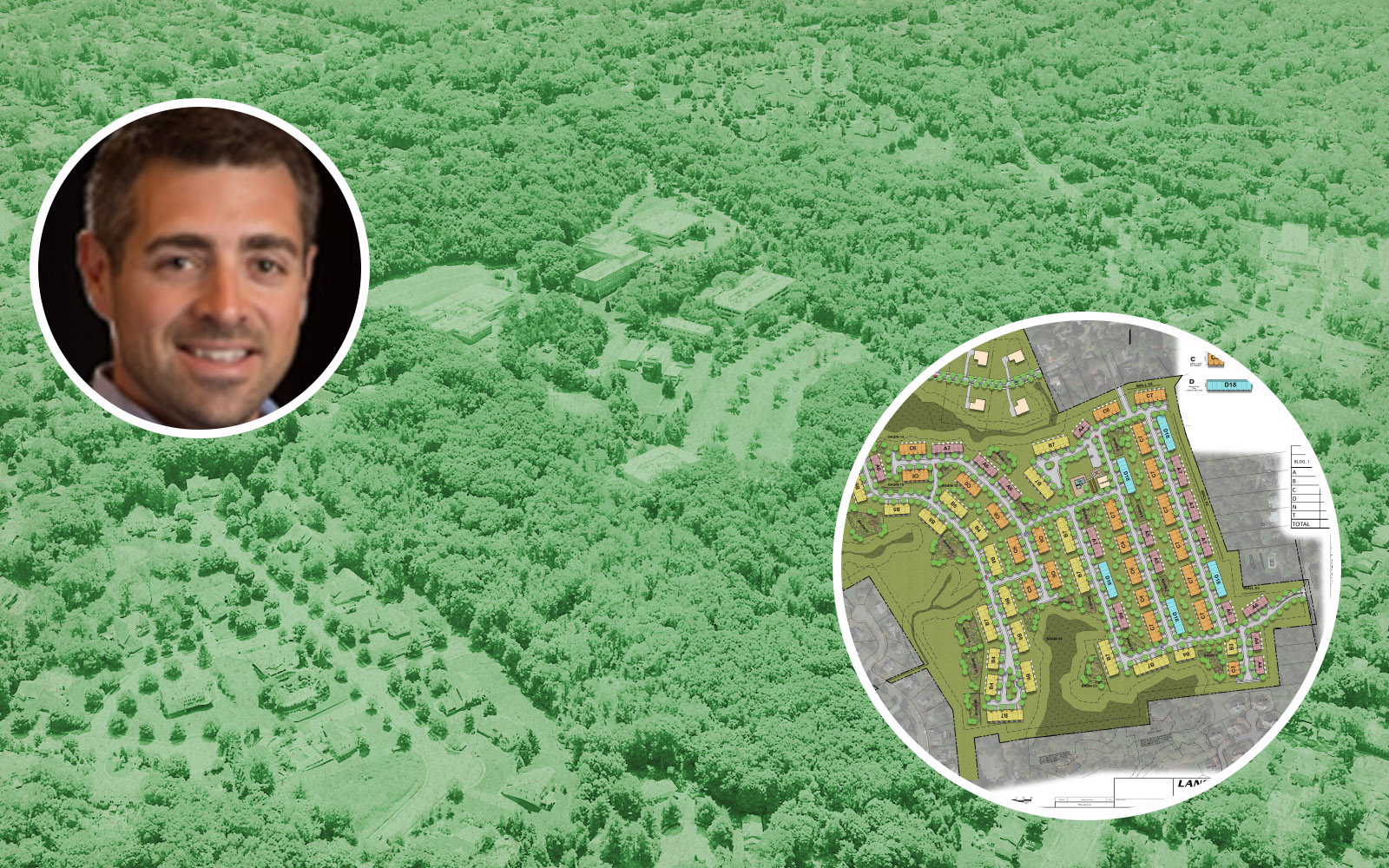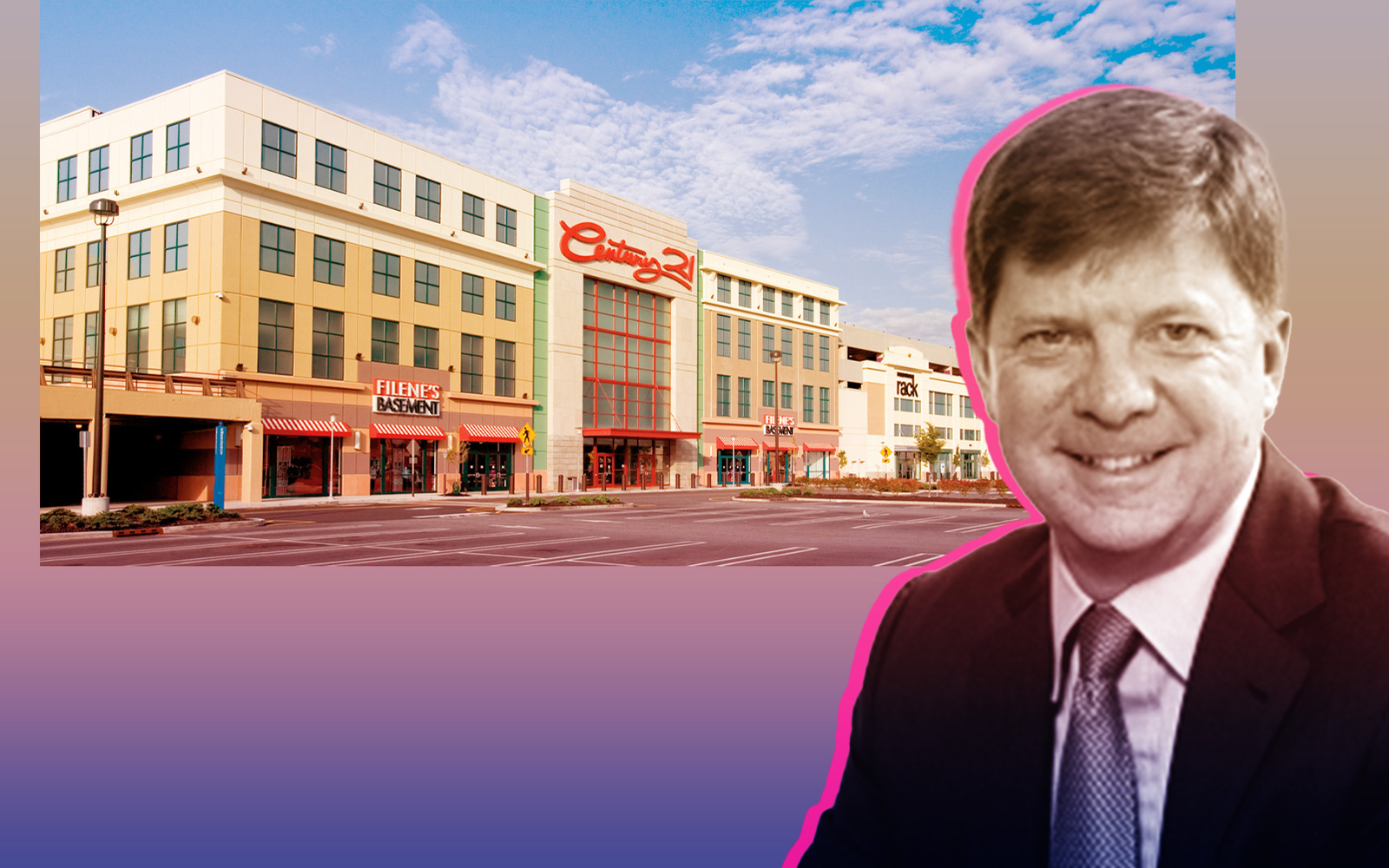There has been an influx of housing development in New Jersey recently, but one state politician is ready to pump the brakes on the building.
State Sen. Anthony Bucco proposed legislation that would delay the onset of state housing requirements, NorthJersey.com reported. Among the Morris County Republican’s concerns is the changing character of municipalities, as well as their ability to support the new housing.
The crux of the issue is a 1975 New Jersey Supreme Court decision, which mandated municipalities to provide a “fair share” of affordable housing. In 2015, the state Supreme Court ruled most municipalities weren’t living up to their end of the bargain.
That ruling shifted enforcement of the doctrine from a state government body to the judges themselves, who were tasked to favor proposals by any developer with affordable housing in their plans. That led to a process where municipalities would reach settlements to create judge-approved plans — it was in the interest of municipalities to do so, or else a judge could simply approve even larger projects at their own discretion.
The state is in the midst of its so-called “third round” of requirements under the Supreme Court doctrine. Bucco’s proposal would stall the “fourth round” from 2025 to 2028.
“By delaying the fourth round of affordable housing obligations, we can provide much-needed relief to taxpayers and municipalities while also ensuring that we have the data and resources necessary to make informed decisions about future affordable housing policies,” the Senate Republican’s whip said.
Some local officials support Bucco’s push, overwhelmed by the sheer amount of activity taking place. Housing advocates including New Jersey’s Fair Share Housing Center have come out against the proposal, arguing it’s a tactic to restrict low-income tenants.
“Senator Bucco is manufacturing a problem with the current system that simply doesn’t exist,” said a spokesperson for the Fair Share Housing Center. The spokesperson added that only two of the more than 340 towns that filed fair-share plans in 2015 have failed to settle on a number of units to build.
As many as 70,000 affordable units could be built in the next decade under the existing process, according to Fair Share.
— Holden Walter-Warner
Read more



